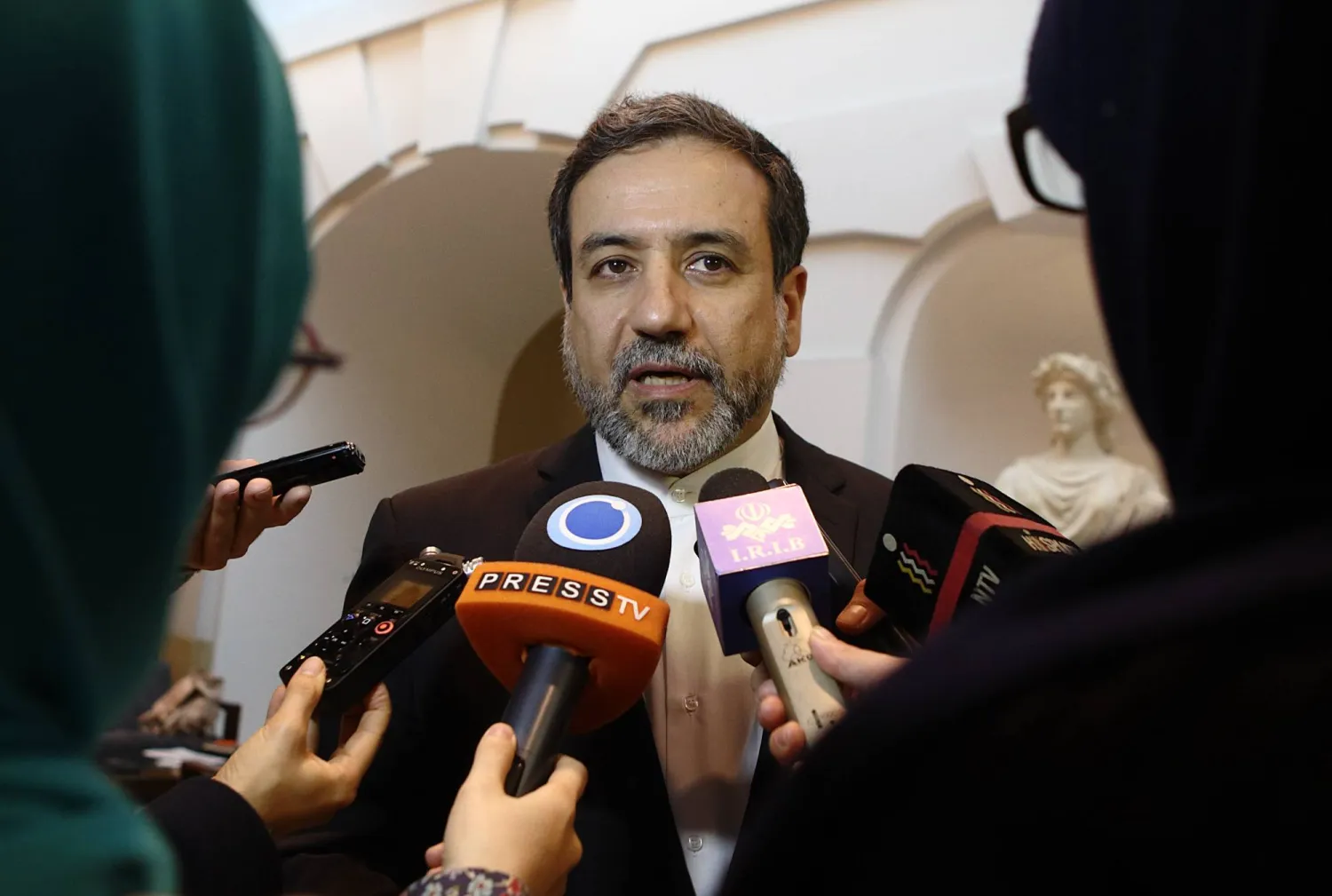Iran's Foreign Minister Abbas Araqchi landed in Beirut on Friday, according to Lebanese state media. A Reuters live broadcast showed an Iranian-flagged plane landing at Beirut airport, just hours after air strikes hit outside the airport perimeter overnight.
Araqchi is set to meet Lebanon's caretaker Prime Minister Najib Mikati and speaker of parliament Nabih Berri, who is a close ally of Iran-backed Hezbollah, according to his schedule.
Iranian Foreign Minister Lands in Beirut
https://english.aawsat.com/arab-world/5067653-iranian-foreign-minister-lands-beirut



Iranian Foreign Minister Lands in Beirut

Iran's Foreign Minister Abbas Araqchi. (Reuters)

Iranian Foreign Minister Lands in Beirut

Iran's Foreign Minister Abbas Araqchi. (Reuters)
لم تشترك بعد
انشئ حساباً خاصاً بك لتحصل على أخبار مخصصة لك ولتتمتع بخاصية حفظ المقالات وتتلقى نشراتنا البريدية المتنوعة







